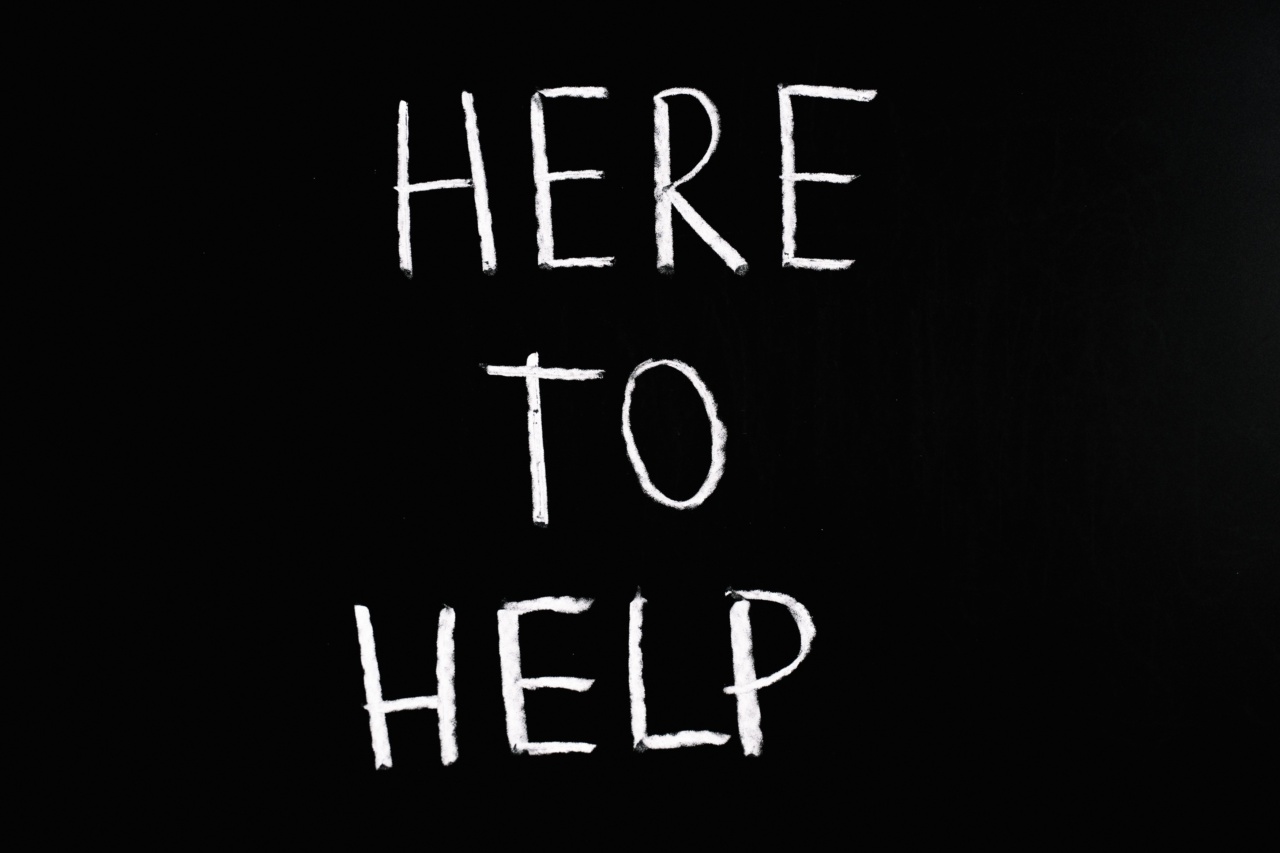Kindness is a virtue that should be nurtured and encouraged in children from an early age. It not only helps in building strong relationships but also contributes to the overall well-being of individuals and society as a whole.
As parents and educators, we have a crucial role to play in instilling this important value in our children. To gain valuable insights into promoting kindness, empathy, and gratitude in kids, we turned to renowned child psychologist, Alexandra Kappatou.
Alexandra’s expertise in child development and her experience in working with children of various backgrounds have made her an authority on this subject.
Below, Alexandra shares her expert advice, strategies, and tips to guide parents and educators in fostering kindness in children:.
1. Lead by Example
Children learn most effectively by observing and imitating the behavior of their parents, teachers, and peers. As adults, it is essential for us to model kindness in our everyday actions and interactions.
When children see us being kind to others, they are more likely to understand the value of kindness and replicate those behaviors in their own lives. Remember, actions speak louder than words!.
2. Teach Empathy
Empathy is the ability to understand and share the feelings of others. It is a fundamental attribute of kindness. Encouraging empathy in children involves helping them identify and express their own emotions, as well as recognizing the emotions of others.
Alexandra suggests engaging children in activities that promote empathy, such as storytelling, role-playing, and discussing real-life situations. By teaching children to put themselves in someone else’s shoes, they develop a genuine concern for others’ well-being and foster meaningful connections.
3. Foster Gratitude
Gratitude is closely linked to kindness. When children learn to appreciate what they have, they develop a sense of contentment and are more likely to extend kindness to others.
Alexandra advises parents to encourage gratitude by setting aside dedicated time each day for expressing thanks. This can be done through simple activities like creating a gratitude jar, where children write down things they are grateful for and share them with the family. Such habits cultivate a positive mindset and reinforce kind behavior.
4. Practice Random Acts of Kindness
Helping children understand that even small acts of kindness can make a big difference is crucial. Alexandra recommends integrating random acts of kindness into daily routines.
Encourage children to hold the door for someone, say “thank you” or offer a helping hand without expecting anything in return. These acts of kindness not only brighten someone else’s day but also provide a sense of fulfillment and joy to the child. Creating a habit of kindness through these acts promotes empathy and compassion.
5. Encourage Collaborative Play
Collaborative play is an excellent opportunity for children to learn kindness, empathy, and teamwork. According to Alexandra, engaging children in activities that require cooperation and problem-solving skills helps foster kindness naturally.
Encourage group projects, team sports, or even simple board games that require sharing, taking turns, and actively listening to others. Through these experiences, children develop social skills and learn to appreciate the value of working together.
6. Promote Diversity and Inclusion
Instilling kindness involves teaching children to respect and embrace differences. Alexandra emphasizes the importance of exposing children to diverse cultures, traditions, and perspectives.
This can be done through books, movies, community events, or even inviting individuals from diverse backgrounds to share their experiences. By promoting inclusivity and celebrating diversity, children learn to appreciate and accept others, fostering a kind and tolerant mindset.
7. Encourage Acts of Kindness Towards Animals
Teaching kindness towards animals is an essential aspect of nurturing empathy in children.
Alexandra suggests involving children in activities that promote care and compassion towards animals, such as volunteering at animal shelters or simply taking care of family pets. By understanding the needs and emotions of animals, children develop empathy and learn to treat all living beings with kindness and respect.
8. Provide Positive Reinforcement
Positive reinforcement plays a vital role in encouraging kindness in children. Alexandra advises parents and educators to acknowledge and praise acts of kindness, no matter how small, to reinforce the behavior.
Recognizing and highlighting acts of kindness helps children understand the positive impact of their actions and encourages them to continue being kind to others. Positive reinforcement fosters self-esteem, empathy, and motivates children to become compassionate individuals.
9. Teach Conflict Resolution Skills
Conflict is a natural part of human interaction. However, by equipping children with essential conflict resolution skills, we can guide them to approach conflicts with kindness, patience, and understanding.
Alexandra suggests teaching children effective communication skills, active listening, and problem-solving techniques. By giving children the tools to resolve conflicts peacefully and respectfully, we empower them to navigate social situations with kindness and empathy.
10. Cultivate a Culture of Kindness
Creating a culture of kindness requires consistency and persistence. Alexandra recommends incorporating kindness into the daily routines and rituals of children’s lives.
Encourage simple acts of kindness, like saying “good morning” to classmates, writing uplifting notes to friends, or even helping with household chores without being asked. By integrating kindness into everyday activities, children learn that kindness is not just a value but a way of life.
Encouraging kindness in children is a continuous journey that requires patience, understanding, and commitment.
By implementing the strategies and advice shared by Alexandra Kappatou, parents and educators can help mold young minds into compassionate, empathetic individuals who are capable of spreading kindness and making a real difference in the world.






























